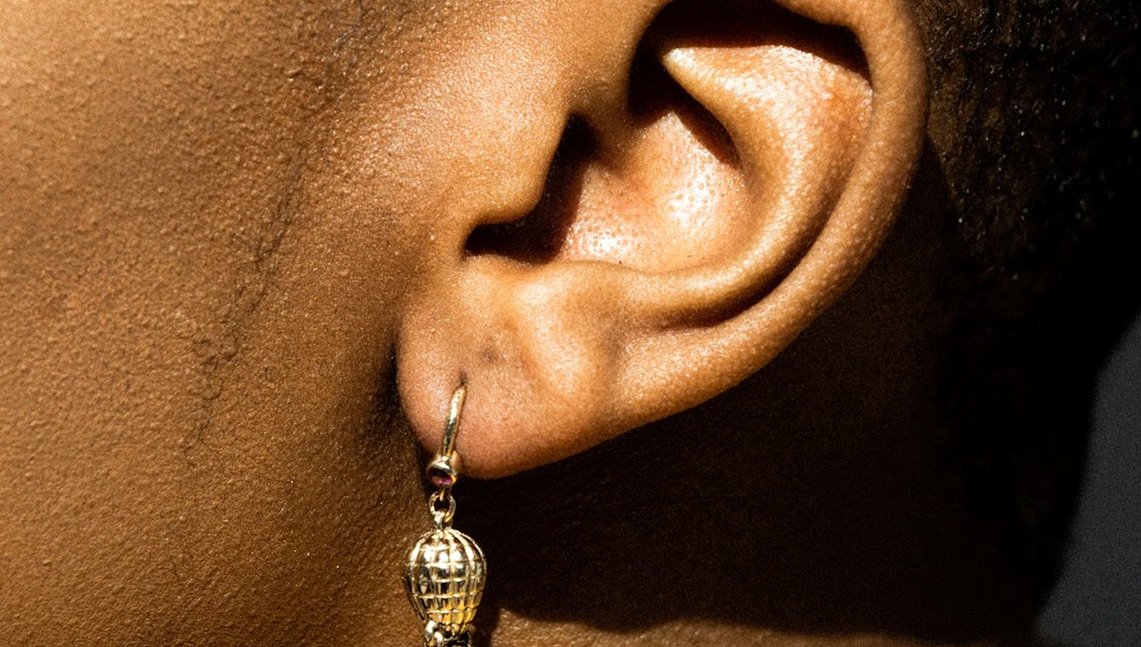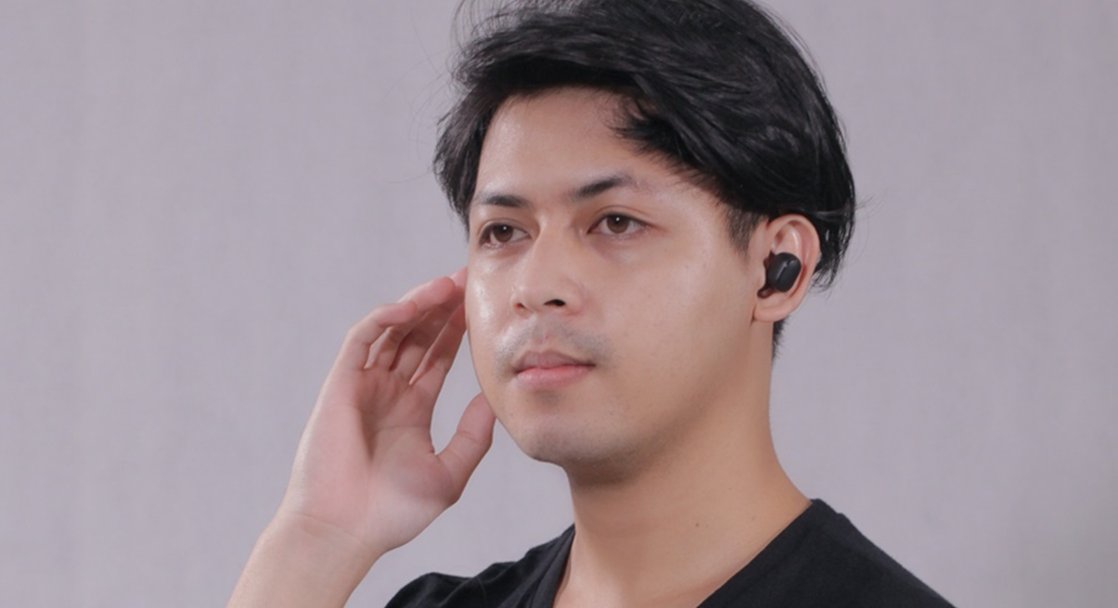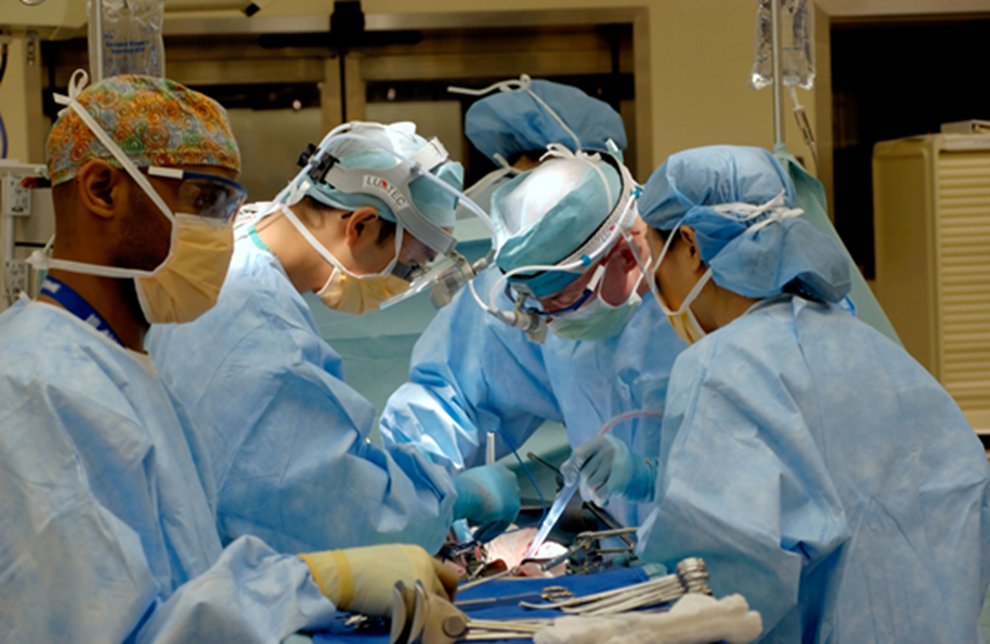
Happy Tuesday! It’s @MeredithSchmehl and today I'm going to switch gears to focus on science communication - #SciComm! SciComm is all about sharing science and improving access to science 1/10 

There are many forms of #SciComm, including in-person outreach, writing, broadcast media, and #SciArt. Some people also place science policy (#SciPol) under the SciComm umbrella 2/10 

I got my start in #SciComm as an undergraduate at @CarnegieMellon, where I was involved in community outreach with a student group. We'll talk more about outreach tomorrow, and by the end of the week we'll discuss several other forms of SciComm 3/10
For now, I want to focus on the benefits of #SciComm. Why should scientists communicate about their research (or science in general) to non-scientists? 4/10
First, engaging in #SciComm helps scientists develop their communication skills, which can translate to lab-related activities. Are you a scientist? Do you write papers, write grants, or give talks? Then you need SciComm! 5/10
Scientists (or non-scientists who communicate about science) can also gain other skills from #SciComm, like project management, teamwork, and leadership 6/10 

Need some examples? I wrote this blog post for @DukeGradSchool to outline the benefits scientists can gain from participating in #SciComm: 7/10 gradschool.duke.edu/professional-d…
But of course, it's not just about scientists. Non-scientists benefit from #SciComm too! SciComm helps demystify the scientific process and humanize the image of a scientist 8/10 

Many people have never met a scientist, but if scientists reach out into the community, scientists and non-scientists can interact and learn! 9/10
I'm currently taking a #SciComm course through @DukeSci_Soc. Today's topic is media interviews and working with a university news office! I'll be back later today to share some of the highlights 10/10 

• • •
Missing some Tweet in this thread? You can try to
force a refresh















